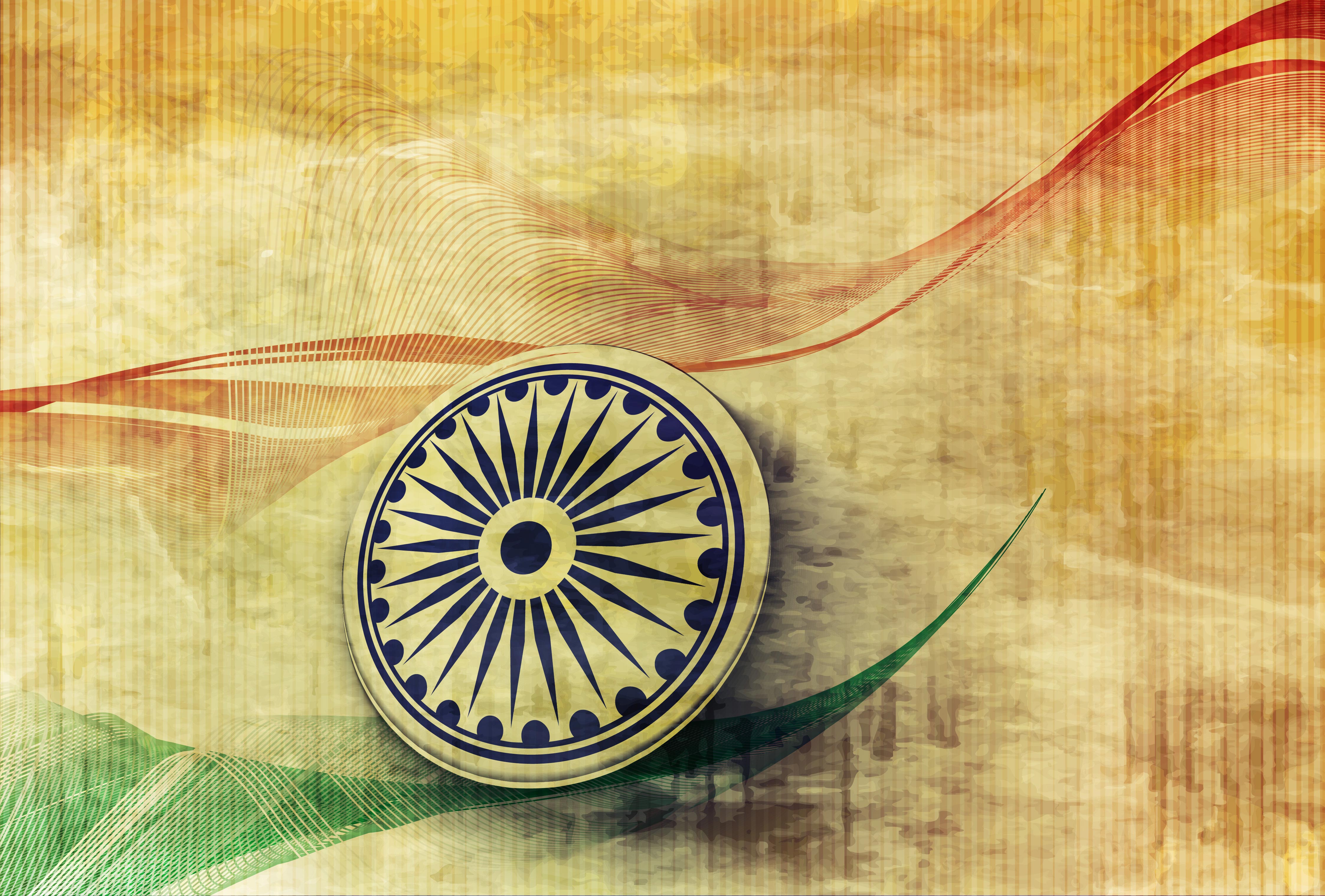
Written by- Niyati Tewari
When the image of a 50-year-old grey-haired man dressed in a white kurta, sometimes flashing a Gandhi cap comes to describe the average politician of the world’s largest democracy- the country with the world’s largest youth population, one can sense that something is wrong. In spite of being one of the world’s youngest democracies, the percentage of the young members of Parliament in India is just 12% which is not only a drawback to the representativeness of the democracy but also a major contributor to the negativity that comes to surround our country’s politics.
Indian historian Ramachandra Guha, in the book ‘India After Gandhi’ argues that the country is only “50 per cent a democracy”, holding viable elections, but falling short when it comes to “the functioning of politicians and political institutions”.
The youth, since pre-independence, has played an active role in the country’s political process by participating in reform movements, social movements, and various other interest and pressure groups. However, this involvement has been majorly informal and even though the youth continues to participate in local community campaigns, protests and petitions by using the Internet and mass media as avenues to express their political opinions, there is a need for a more active and formal participation in politics to materialise the changes we deem necessary for the country’s progress.
With rampant corruption, nepotism, criminalisation of politics, caste politics, lack of accountability, and apathy towards people’s needs pervading the political system, politics as a career has lost appeal among the youngsters. Most of our potential human resources choose to go abroad for higher studies and job security, settling there permanently.
Though we have few young politicians, they have not been allowed to assume autonomy and most of them like Rahul Gandhi, Sachin Pilot, and Varun Gandhi are in the political scenario because they belong to influential political families. It is almost stereotypical to associate only the elderly with a country’s politics. In the UK, Tony Blair retires at 58 while in our country the chief posts are mostly occupied by the politicians above 50 years of age, leaving the younger generation with no outlet to assume leadership.
The youth can change the world through politics by actively pursuing it and by giving meaning to the dynamics of their cause. There are some formal student wings in political parties dedicated to the young peoples’ participation in politics can play an active part in making politics more accessible to the common man(or woman!).
Politics need to open up to youth and veterans in the domain should promote the younger generation into mainstream politics. Young leaders personify energy and enthusiasm and can be extremely effective in framing policies for themselves concerning contemporary issues and problems. More and more ideas are generated by the youth and they are responsible for choosing which cultural beliefs are going to work for the benefit of humanity and which of those belief systems are detrimental. The discontent shown by the youngsters towards cases of reservation, rape, female rights and rights of the LGBTQ community is an example of their awareness of the problems facing our country, and the world at large. Given a chance they would be ready to change the political condition of the country for better. The involvement of young people will also ensure a greater sense of inclusiveness in the democratic system.
Political participation of the youth needs to be expanded beyond the casting of a vote through reservation for youth in political parties as well as the Parliament, political awareness campaigns in schools and universities, skill training to younger politicians, formation of local-level youth councils, and community development programmes. Inspiration can be drawn from other countries such as Uganda where five seats are reserved for youth representatives in the parliament and Sri Lanka where the ’National Youth Parliament’ influences national policies pertaining to youth. Youth Enrolment Campaign in Australia educates young voters with fun activities. The right balance of young talent and experienced politicians in Indian politics can lead to a change in perception of politics and can restore the public faith in the political system.

Great content! Super high-quality! Keep it up! 🙂
this article help me immensely to improve my knowledge and my writing skills as well.
this article helps me immensely to improve my knowledge and my writing skills as well.